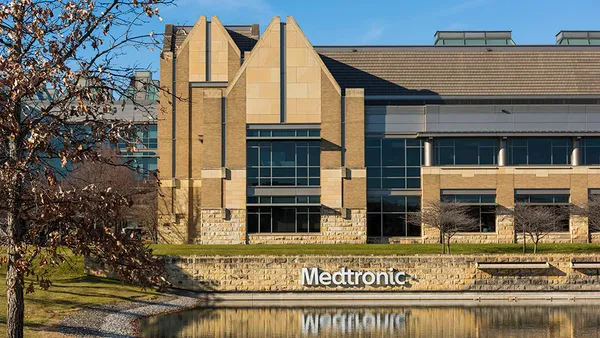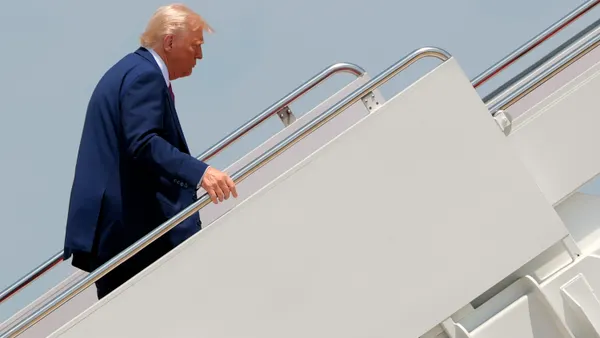Pulsed field ablation took the medical device industry by storm last year — and Boston Scientific has reaped the rewards.
The company’s Farapulse PFA system was an immediate success after launching in early 2024, ultimately bringing triple-digit growth year over year to Boston Scientific’s electrophysiology portfolio. On Wednesday, the medtech firm reported yet another quarter of strong growth for its electrophysiology group and declared itself the leader of the alluring PFA market.
“We want to become the clear leader — as we are now — in PFA,” CEO Mike Mahoney told investors on an earnings call. “PFA is really transforming this market.”
Boston Scientific reported $649 million of sales in the fourth quarter and $1.9 billion for the full year for its electrophysiology business, representing year-over-year growth of nearly 171% and 138%, respectively. The boom in electrophysiology is largely due to Farapulse, one of the technologies that is turning traditional ablation procedures into PFA procedures.
Mahoney called out the “tremendous” growth on the earnings call, noting that Boston Scientific collected more than $1 billion of global sales for Farapulse in one year. Along with its 2024 success, physicians expect Farapulse to lead the market ahead of Medtronic and Johnson & Johnson in the coming years.
“The execution of our commercial teams has been strong. The execution of our supply chain operations, manufacturing, to stay ahead of demand has really been impressive,” Mahoney said. “We don't anticipate … supply challenges, given the investment that we made throughout the year, and so we're excited about our competitive position with Farapulse in 2025.”
Several top medtech companies have rushed to capitalize on PFA’s success. Medtronic and Boston Scientific were the first to bring products to market after winning Food and Drug Administration approvals. Abbott plans to launch a product outside of the U.S. this year and receive FDA approval in 2026.
J&J was third to the market with its Varipulse system. However, the company paused U.S. cases of the device due to safety concerns and is coordinating with the FDA, an unexpected development giving Medtronic and Boston Scientific even more of a head start.
Mahoney said the competitive landscape next year is “a bit unclear,” as J&J’s pause continues and others plan to launch products.
“There could be stronger PFA competition in 2025 — a lot of that is out of our hands,” Mahoney said.
Boston Scientific wants to expand Farapulse’s label to patients with persistent atrial fibrillation (AFib), an irregular heart rhythm that lasts more than seven days, who do not respond well to drug therapy. The company has said that the persistent form of the condition represents about 25% of all AFib cases.
Boston Scientific expects a label expansion by the end of the year.
Trump and tariffs
The business world has been in a whirlwind this past week with news that President Donald Trump would enact tariffs on China, Mexico and Canada, shortly followed by announcements that tariffs for Mexico and Canada would be paused for 30 days.
The threat of tariffs has hung over the medical device industry since Trump won re-election in November, as companies have manufacturing operations in countries targeted by the administration and see China as a key market. However, the potential hit to businesses is still unclear after the rush of developments in the past several days.
CFO Dan Brennan said tariffs posed little threat to Boston Scientific because it does not have “significant levels of manufacturing in, or sourcing from, Mexico, Canada or China.” Mahoney added that tariffs would be “very manageable.”
When questioned about Trump’s overall impact on the sector, the CEO didn’t provide many details.
“Medtech typically hasn't been tip-of-the-spear for major policy changes over many, many different types of presidents that we've had,” Mahoney said, “so we feel, overall, very comfortable with our [2025] guidance.”














